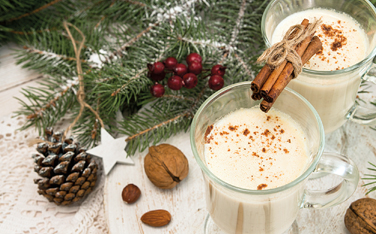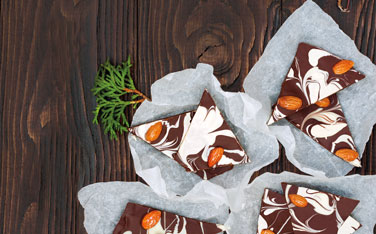Planning on slimming down after the holidays with a juice cleanse? If only it were that simple.
If you’ve never heard of a juice cleanse, think of it as a juice fast. Rather than eating solid food, during a cleanse you only drink juiced fruits and vegetables.
Cold-pressed juice cleanses have gained popularity because of claims they detoxify and slim down the body, increase energy levels and produce a healthy glow. And being purely natural, fruit juice boasts a serious roster of nutrients, minerals and vitamins.
Liquify your fruits and get a better body — sounds like a great tradeoff. But does juicing have unforeseen risks?









